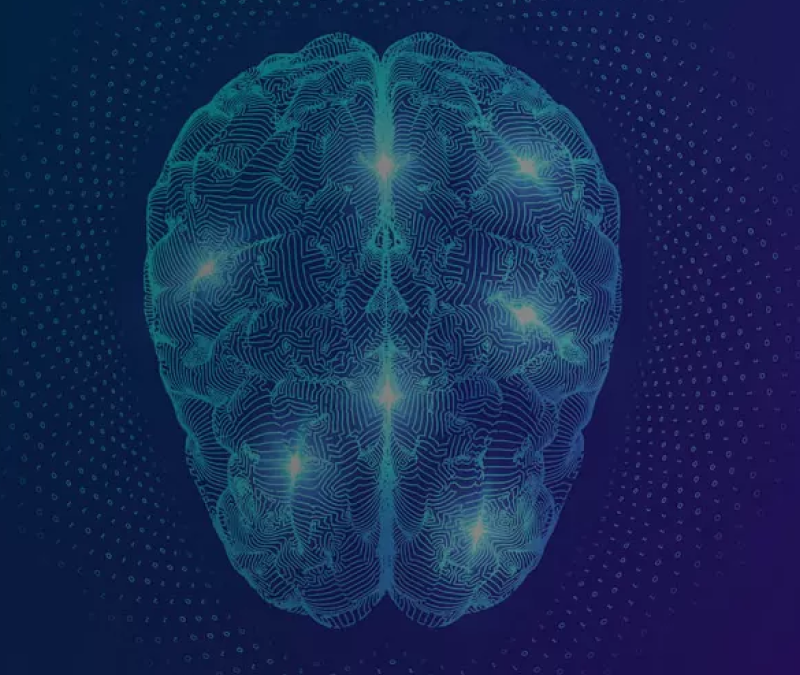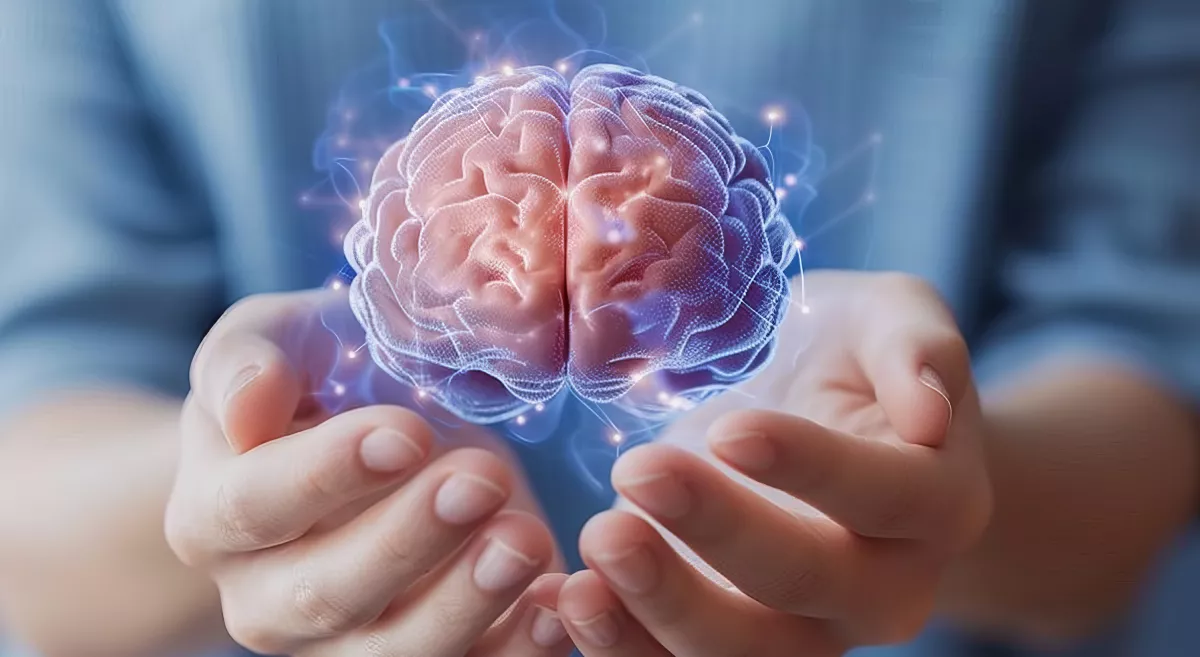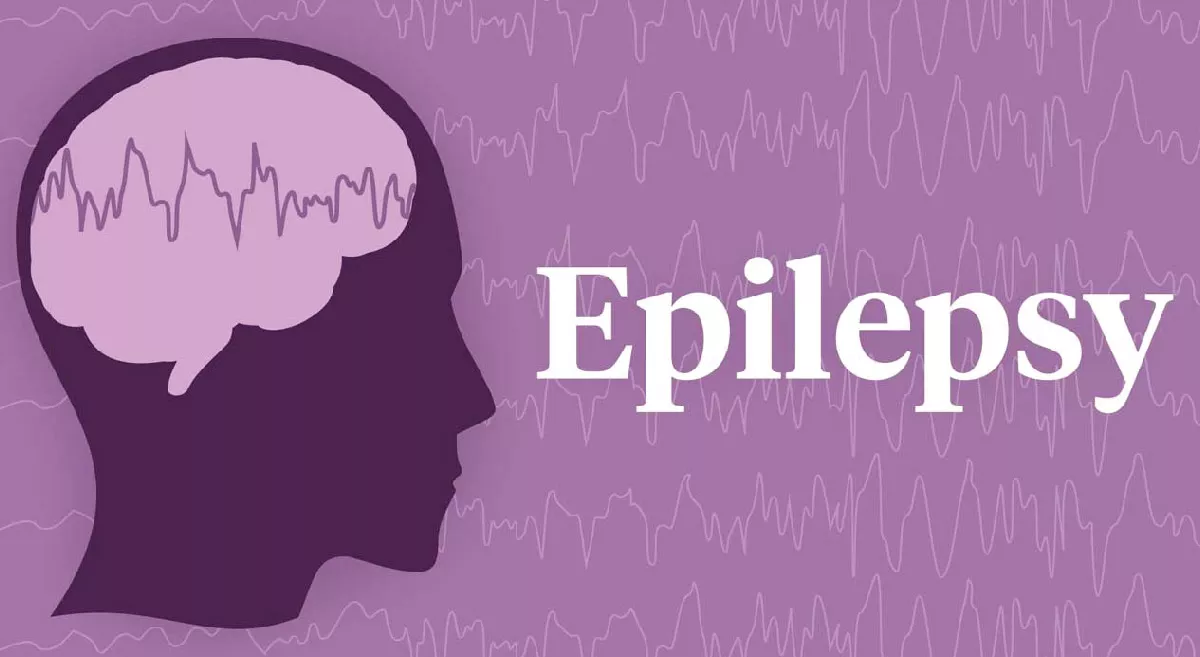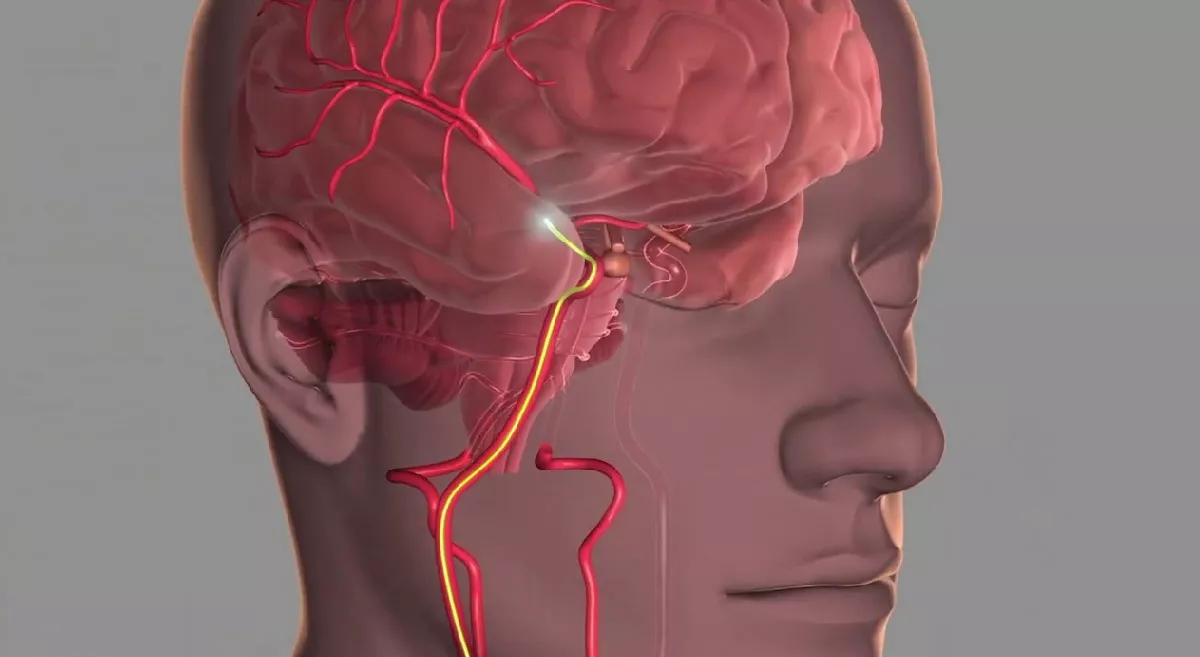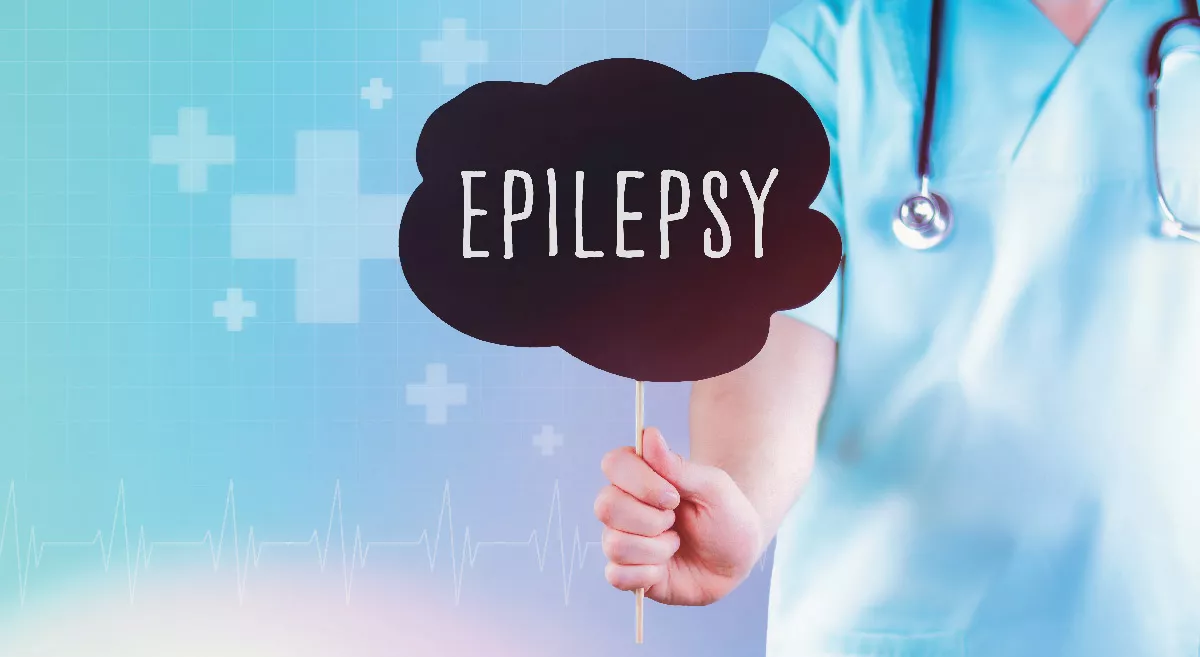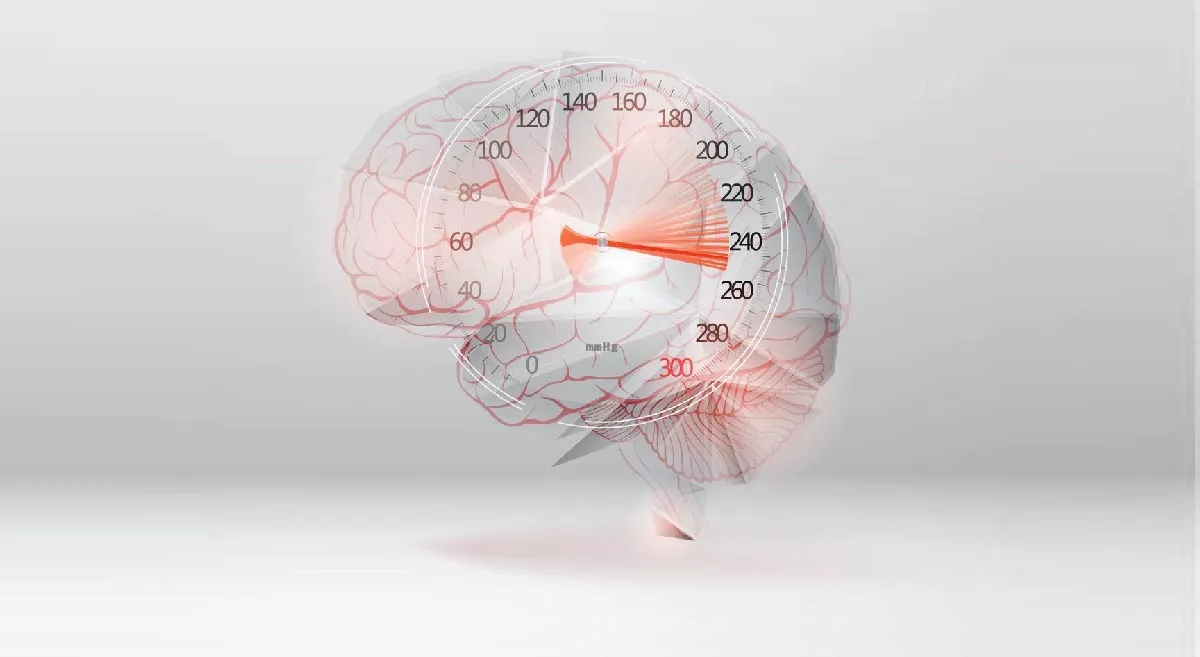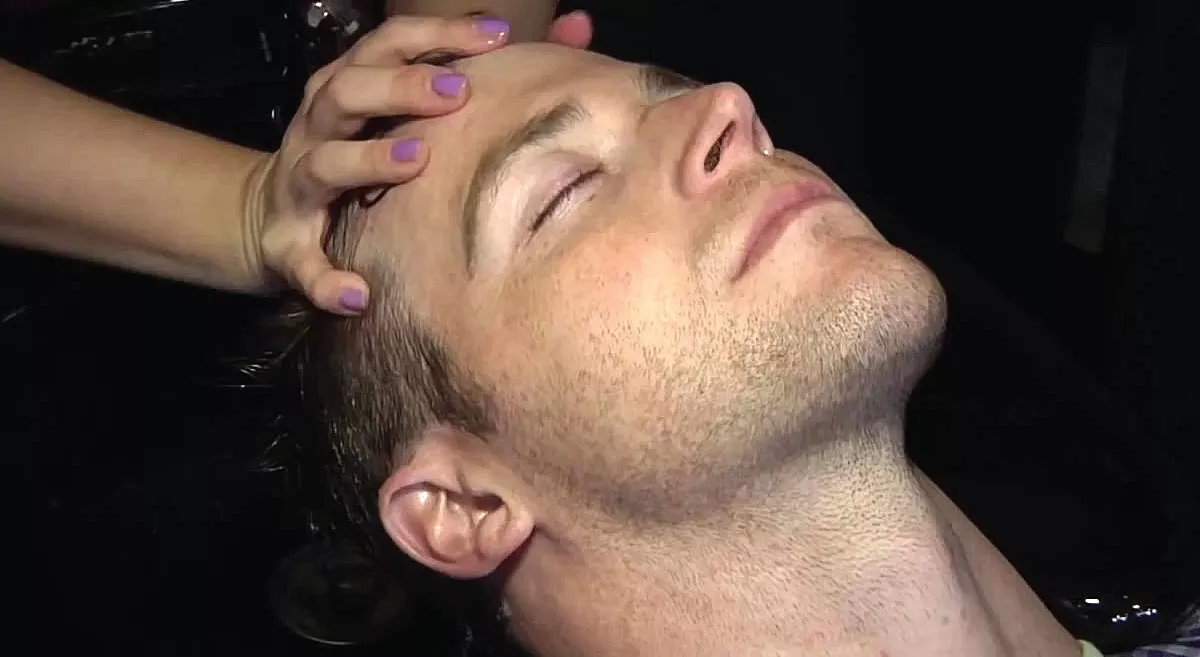The Central Nervous System (CNS) comprises of the brain and the spinal cord. This body system is considered one of the most complex systems in the medical field. The neurology department of Aster RV Hospital JP Nagar, one of the best neurology hospital in Bangalore provides diagnostic and therapeutic services for neurological disorders like epilepsy, movement disorders, headaches, strokes, dementia, and neuromuscular disorders.
The hospital has the expertise of cutting-edge neurosurgery with state-of-the-art technology to help them handle a wide range of spine and brain disorders.
A team of dedicated and highly trained specialist, nurse clinicians, dietitians, therapists, and the best neurologists in Bangalore to provide care and comfort to the patients. Our highly trained medical staff provide extensive expertise in various areas such as treatment of neurovascular and brain tumours.
The Department of Neurology provides comprehensive neurological practices and our doctors are trained in providing world-class treatment. The Department of Neurology aims to deliver exceptional clinical care to patients with leading cutting-edge treatment.
Our department is committed to integrating exceptional medical expertise and innovation to provide the best neurology treatment for patients.
Our Doctors
We have some of the best specialists from around the world, they bring years of experience and offer evidence-based treatment to ensure the best care for you.
Advanced Technology & Facilities
Well equipped with the latest medical equipment, modern technology & infrastructure, Aster Hospital is one of the best hospitals in India.
Patient Stories
Our patients are our best advocates, hear the inspiring stories of their treatment journey
Blogs
The source of trustworthy health and medical information. Through this section, we provide research-based health information, and all that is happening in Aster Hospital.

